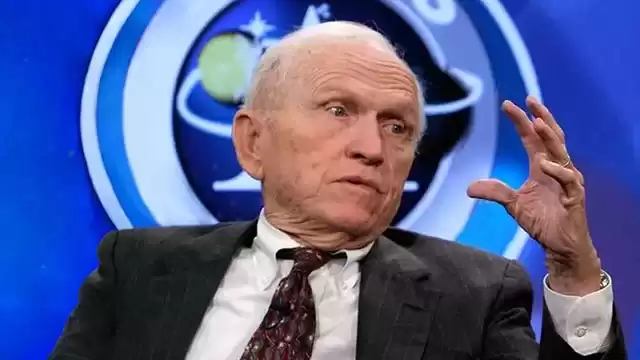Apollo 8 Astronaut Frank Borman Dies at 95
Astronaut Frank Borman, commander of Apollo 8, has died at 95. His legacy includes service to his country and historic space missions.
Colonel Frank Borman, USAF, who was the commander of the NASA Apollo 8 mission in 1968 and Gemini 7 in 1965, has passed away at the age of 95. He died from a stroke. Borman was born Frank Frederick Borman II on March 14, 1928, in Gary, Indiana, and grew up in Tucson, Arizona. He passed away on November 7, 2023, in Billings, Montana, after living a long, full, and useful life, most of which he spent in service to his country.
Borman earned a bachelor's degree in aeronautic engineering from the U. S. Military Academy in West Point, New York in 1950 and was commissioned a lieutenant in the U.S. Air Force. He later earned a master's degree in engineering from CalTech and returned to West Point as an instructor.
According to a statement released on November 9, Borman died of a stroke. The statement remembered him as a true American hero and noted that his lifelong love for aviation and exploration was only surpassed by his love for his wife Susan. Borman began his career as an officer with the U.S. Air Force and went on to serve as a fighter pilot, operational pilot, test pilot, and assistant professor. He was chosen by NASA to be part of the second group of astronauts and served as the commander of the Apollo 8 mission, as well as being a veteran of Gemini 7, where he spent 14 days in low-Earth orbit and conducted the first rendezvous in space.
After his time with NASA, Borman continued his passion for aviation as the CEO of Eastern Airlines. He is survived by his two sons, Frederick and Edwin, both of whom graduated from West Point, like their father. Borman spent a total of nineteen days, twenty-one hours, and thirty-five minutes in space between Gemini 7 and Apollo 8.
In 1969, NASA appointed Borman as the official liaison to President Richard M. Nixon, and he played a key role in advising Nixon on speaking to the astronauts in the world's most famous long-distance phone call. He also accompanied Nixon to the U.S.S. Hornet to greet the crew of Apollo 11 on their safe return. Borman declined an invitation to fly on Apollo 11, as he had already decided that Apollo 8 would be his last space flight, and he planned to retire in 1970. After his retirement, he took a position with Eastern Airlines, eventually becoming CEO of the company.
Borman's legacy as an astronaut and his contributions to space exploration are a testament to a life well-lived. His service to NASA and the nation will undoubtedly inspire future generations to reach new cosmic shores. His passing marks the end of an era, and we can thank him for his service and offer our condolences to his family and friends.











Comments on Apollo 8 Astronaut Frank Borman Dies at 95